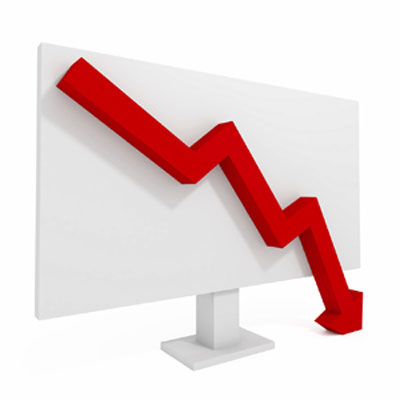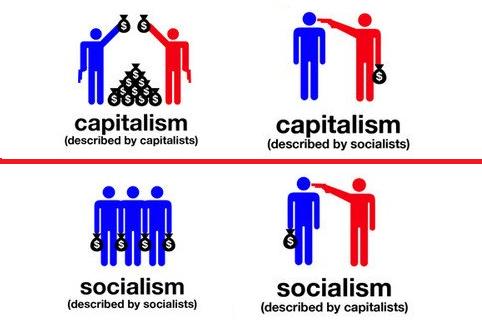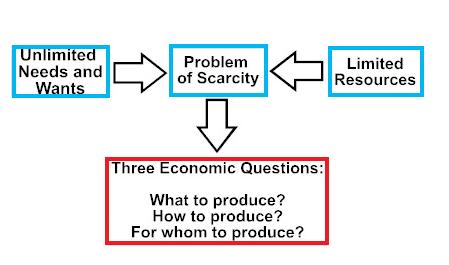Direct investment abroad is a complex venture. As distinct from trade, licensing or investment, Foreign Direct Investment (FDI) involves a long-term commitment to a business endeavor in a foreign country. It often involves the engagement of considerable assets and resources that need to be coordinated and managed across countries and to satisfy the principle of successful investment, such as sustainable profitability and acceptable risk/profitability ratios. Typically, there are many host country factors involved in deciding where an FDI project should be located and it is often difficult to pinpoint the most decisive factor. However, it is widely agreed that FDI takes place when three sets of determining factors exist simultaneously; the presence of ownership-specific competitive ages in a transnational corporation (TNC), the presence of locational advantages in a host country, and the presence of superior commercial benefits in an intra-firm as against an arm’s-length relationship between investor and recipient.… Read the rest
Global Business Environment
Role of Fiscal Policy in Economic Development
Fiscal policy refers to the guiding principles of the financial work which are constituted by the state based on political, economic and social development tasks under a certain period. Its purpose is to regulate aggregate demand through government’s spending and tax policies. On the one hand, an increase in government spending will stimulate aggregate demand and increase the national income. Correspondingly, a decrease will depress aggregate demand and reduce national income. On the other hand, a tax is a kind of contraction strength to national income. Therefore, the aggregate demand and the national income will be restrained though increasing government revenue.… Read the rest
Economic Impacts of Deficit Financing
Deficit financing can be regarded as a necessary evil which has to be tolerated, at least in the developing economies; only to the extent it can promote capital formation and economic development. This extent of tolerance is called the “safe limit of deficit financing”. This safe limit shows the amount of deficit financing that the economy can absorb and beyond which ‘inflationary forces’ may be set in motion.
The economic impacts of deficit financing are:
Deficit Financing and Price LevelThere are two opinions regarding the effect of deficit financing on the price level especially in a developing country. According to one view, deficit financing need not be inflationary in character especially if it is used during the peace time.… Read the rest
Deficit Financing
Deficit financing is understood in different ways in different countries. It is understood as the excess of current expenditure over current revenue which is financed either through public borrowing or the creation of new money by the government. So the deficit budget is also called deficit financing in USA. But in India deficit financing is understood in a different way from deficit budget. While the former refers to a situation where the current expenditure exceeds current revenue of the government, the latter is taken to mean the excess of aggregate expenditure (both on current and capital accounts) over aggregate revenue.… Read the rest
Types of Economic Systems
It has been already pointed out that the way in which the three basic economic questions are answered depends on the economic system which functions in a country. To understand how these answers differ among the economic systems, we should understand the different types of economic systems.
Major Types of Economic SystemsEconomic systems may broadly be classified into three categories: Capitalism, Socialism and Mixed economy. A number of other types also emerged but all of them came close to any one of the above three types of economic systems. Let us now discuss the features, strengths and weaknesses of each one of these economic systems.… Read the rest
Definition and Meaning of Economic System
Economic system refers to the organizations and institutions created for the purpose of satisfying the wants of human beings. In a country, available resources have to be utilized to manufacture and distribute goods and services, which would meet the needs of the people so that they are satisfied. These institutions and organizations function with their own rules and regulations.
The economic system has certain broad characteristics.
- The economic system always functions with scarcity of resources. How the system effectively and efficiently uses the resources will determine the extent to which the needs of the people are met.
- An economic system comprises people.


